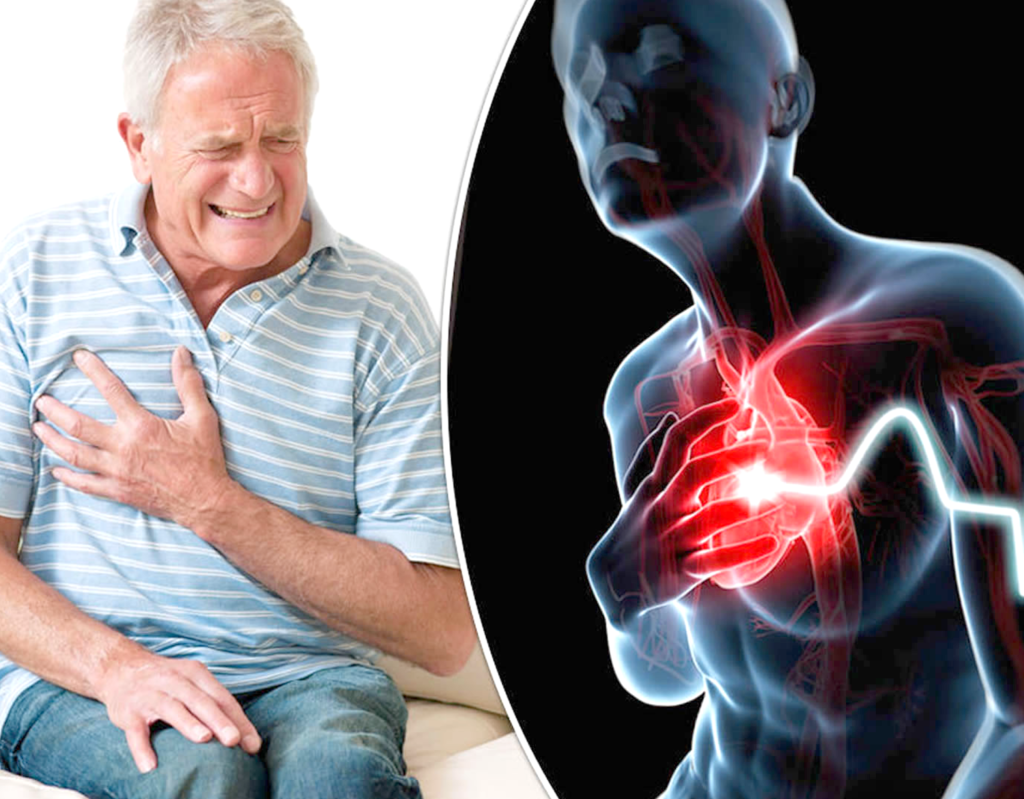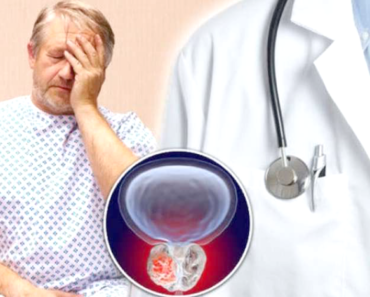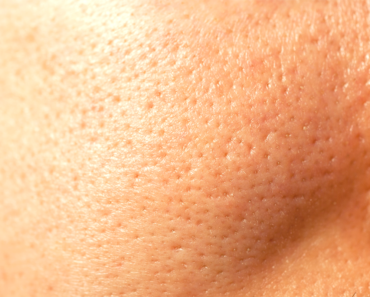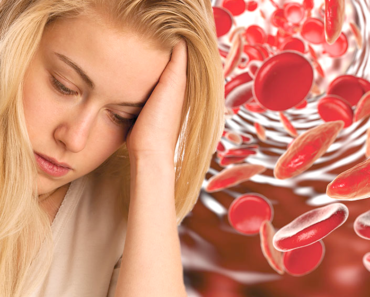
We can be exposed to sudden heart attacks at any time, and it can be the result of stress or sadness and various other reasons, so we need to follow certain methods to protect ourselves from sudden heart attacks, and depending on what the Heart website said
1: Eat a healthy diet
Focus on vegetables, fruits, whole grains, legumes, nuts, plant protein, lean animal protein, and fish, and make smart choices like limiting refined carbohydrates, processed meats, and sugary drinks .
Use the Nutrition Facts label on packaged foods to reduce sodium, added sugars and saturated fat and avoid trans fat.
2- Be physically active
Move more is one of the best ways to stay healthy, prevent disease and age well, adults should do at least 150 minutes of moderate-intensity aerobic exercise or 75 minutes of vigorous activity Each week if you are already active you can increase your intensity to get In addition to the benefits, if you are not active now, just start by sitting less and moving more.
3: Watch your weight
Maintain a healthy weight for yourself, lose weight if you are overweight or obese. Start by eating fewer calories and moving more. You can check your body mass index (BMI). If you need help, talk to your health care team about a weight loss plan.
4: Smoke
If you don’t smoke or use tobacco products, never start with a safe tobacco product. If quitting or smoking is a challenge, ask your team to help you break this habit using proven methods. Do not substitute one source of tobacco for another. And also try to avoid secondhand smoke.
5: Chronic disease management
If you have high blood pressure, high cholesterol, high blood sugar, diabetes, or other conditions that put you at higher risk, it is very important to work with your healthcare team and change your mood. of life. Many are preventable. The cases where you can control them by eating better, being active, losing weight and quitting smoking.
6: Take your medication
If you have a health problem, your doctor may prescribe statins or other medicines to help control cholesterol, blood sugar, and blood pressure. Take all medicines as directed, but do not take aspirin by measure. precautionary unless your doctor tells you to. if you have not had a seizure. You have ever had a heart attack or stroke. Taking aspirin every day may not help you at all and can lead to problems, including a risk of bleeding. If you’ve had a heart attack or stroke, your doctor may want you to take a low dose aspirin to reduce your risk of having another one.






